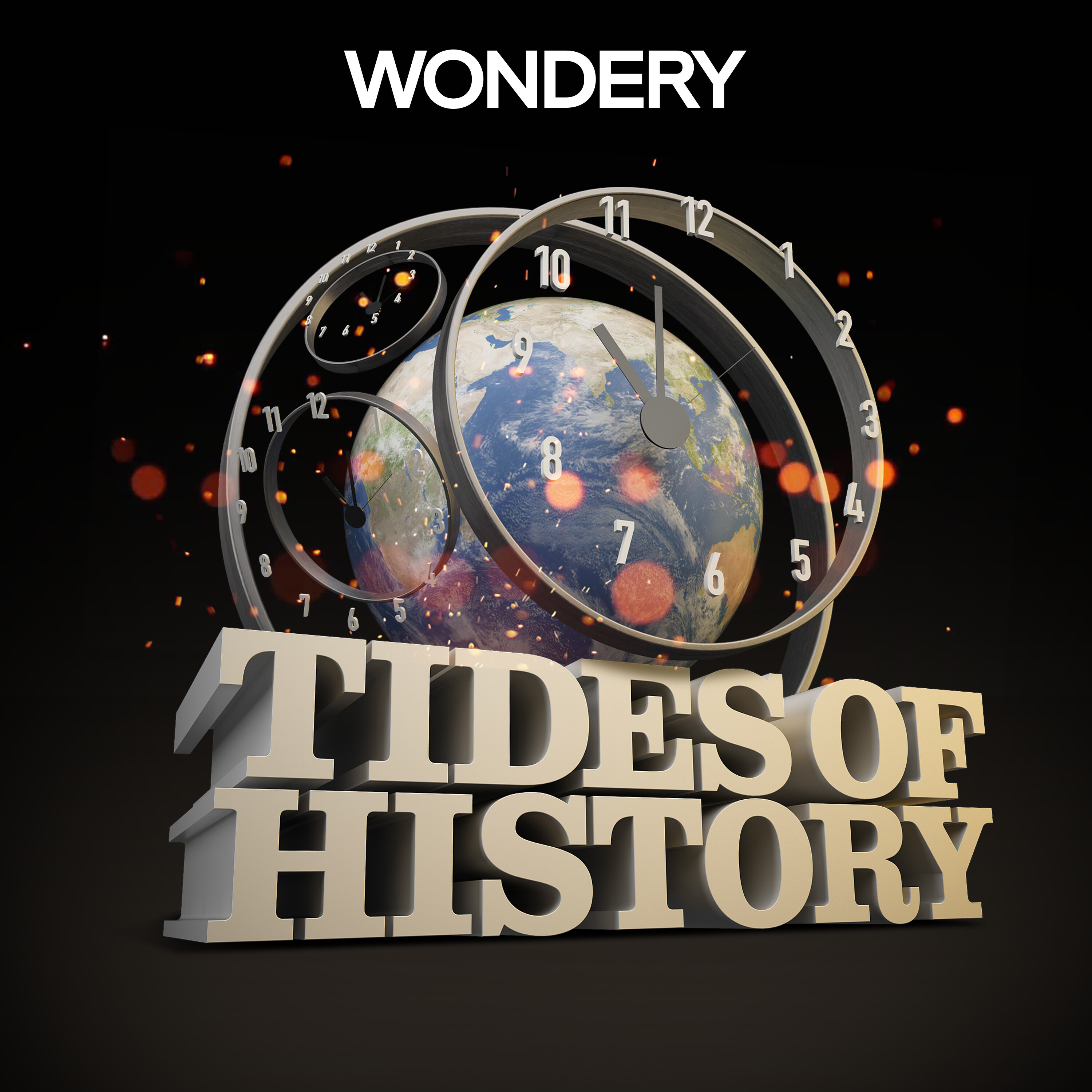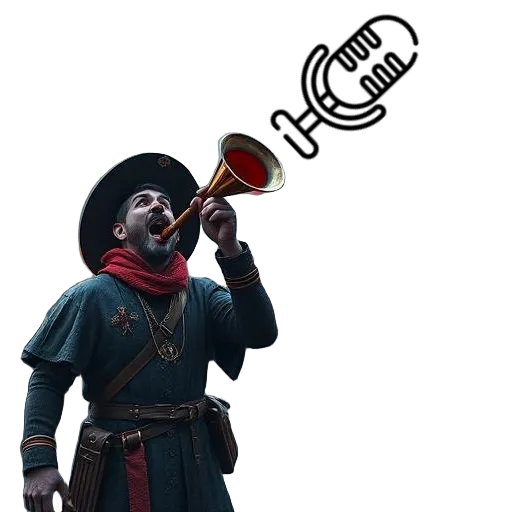Episode 247 - Writing Byzantine Fiction with Gordon Doherty
Migration, Ancient DNA, and European Prehistory: Interview with Kristian Kristiansen
70. Trees have histories too, with Alexander Olson
The Steppes of Central Asia in the Bronze Age: Interview with Professor Michael Frachetti
Episode 39 - Dr. Briana Jackson
070: The Second Punic War - To the Victors...
Indo-Aryans, the Rigveda, and a World on the Move
Episode 246 - Travelling to Turkey with Şerif Yenen
April 2022 Update
69. The experiences of Byzantine children, with Oana-Maria Cojocaru
The World of the Indo-Iranians
🔒 13. Aristotle - Part A
Alexander the Great
• 




